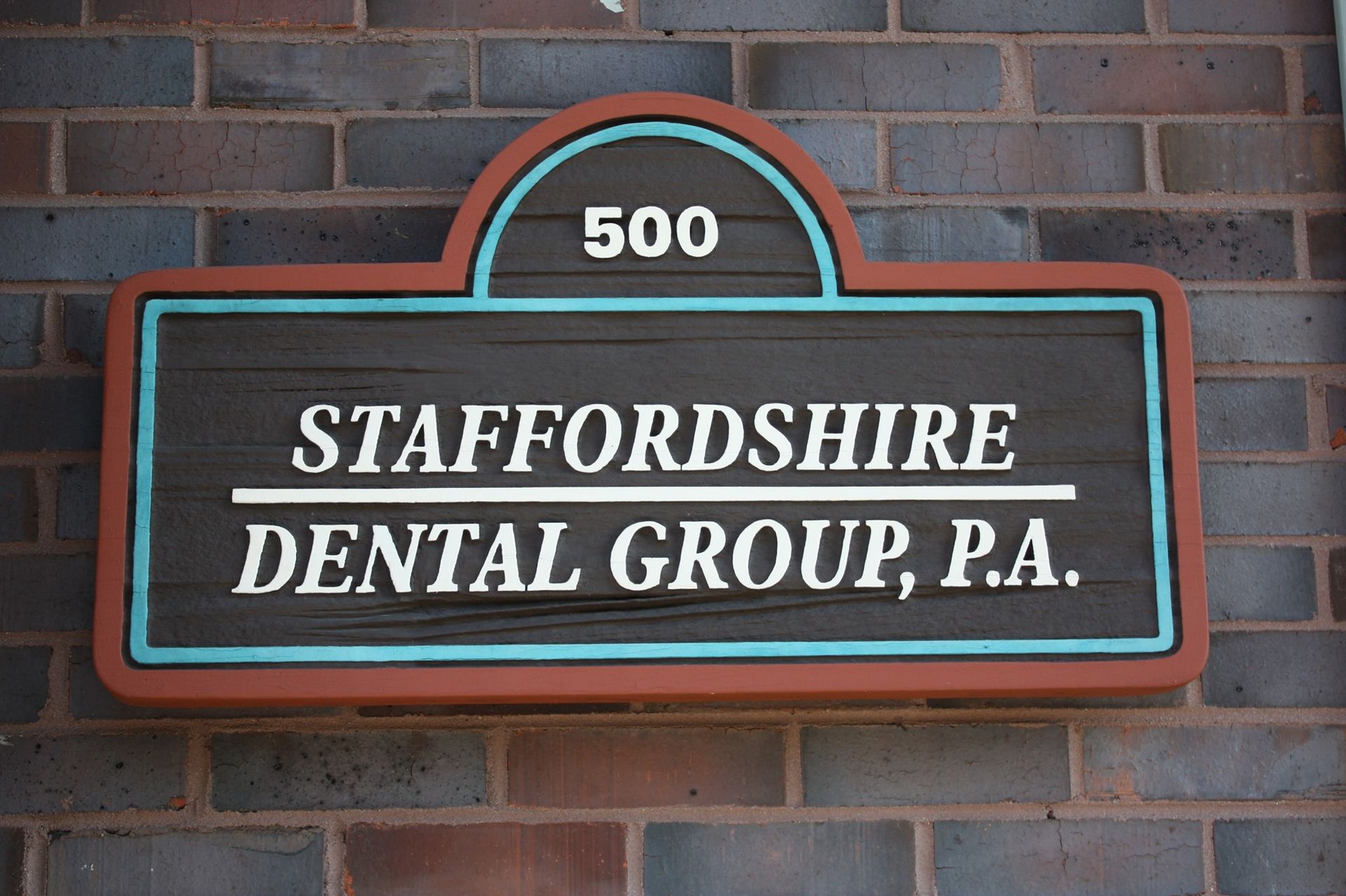Periodontal and Gum Care
Voorhees Township, NJ
Emergency Appointments Available
Patient-Centered Care
Insurance-Friendly
Hours:
Request Lorem Epsom
Hero Request Form
Thank you for contacting us.
We will get back to you as soon as possible.
Please try again later.
Why Choose Staffordshire Dental Group P.A.
Choosing the right dentist is a crucial decision that can significantly impact your oral health. At Staffordshire Dental Group P.A., we are proud to be recognized as New Jersey's Top Dentist, a testament to our commitment to providing high-quality dental care. We're here to make you smile!
We offer dental care catered to your needs. Our team is compassionate, and we have a full range of restorative and cosmetic options for the whole family. Plus, we accept major insurance plans, ensuring our services are accessible to all.
Schedule an appointment with Staffordshire Dental Group today.
Get in touch now!
Emergency and Same-Day Appointments Available
Emergency Calls Answered 24/7
Patient-Centered Care
Locally and Family-Owned
Insurance-Friendly
Over 40 Years of Experience
Comprehensive Periodontal Care for Healthier Smiles
Why Choose Staffordshire Dental Group P.A.
Emergency and same-day appointments available
Emergency Calls Answered 24/7
Patient-Centered Care
Locally and Family-Owned
Insurance-Friendly
Over 40 Years of Experience

Gingivitis Treatment
Gum Disease Treatment
Staffordshire Dental Group P.A. offers thorough gum disease treatment for more severe periodontal cases. We combine deep cleaning procedures like scaling and root planing with advanced therapies to fight infection and encourage gum regeneration. Our team creates personalized treatment plans for each patient, addressing specific needs from moderate periodontitis to severe gum issues.

CP #1 Headline
CP #1 Body
CP #1 CTA Lead-in

CP #1 Headline
CP #1 Body
CP #1 CTA Lead-in

CP #2 Headline
CP #2 Body
CP #2 CTA Lead-in
Here's what our satisfied patients are saying...
At Staffordshire Dental Group P.A., we take pride in providing exceptional dental care to our patients. We would be grateful if you could share your thoughts about our business with others. Your feedback helps us improve and helps others make informed decisions. Please take a moment to leave a review of Staffordshire Dental Group P.A. and let others know what you think.
Contact Us
We appreciate you contacting us. One of our colleagues will get back in touch with you soon!
Have a great day!
Oops, there was an error sending your message.
Please try again later.
Contact Us
We appreciate you contacting us. One of our colleagues will get back in touch with you soon!
Have a great day!
Oops, there was an error sending your message.
Please try again later.




